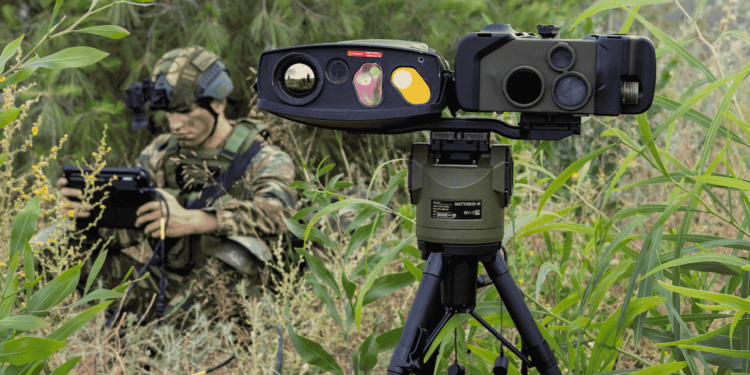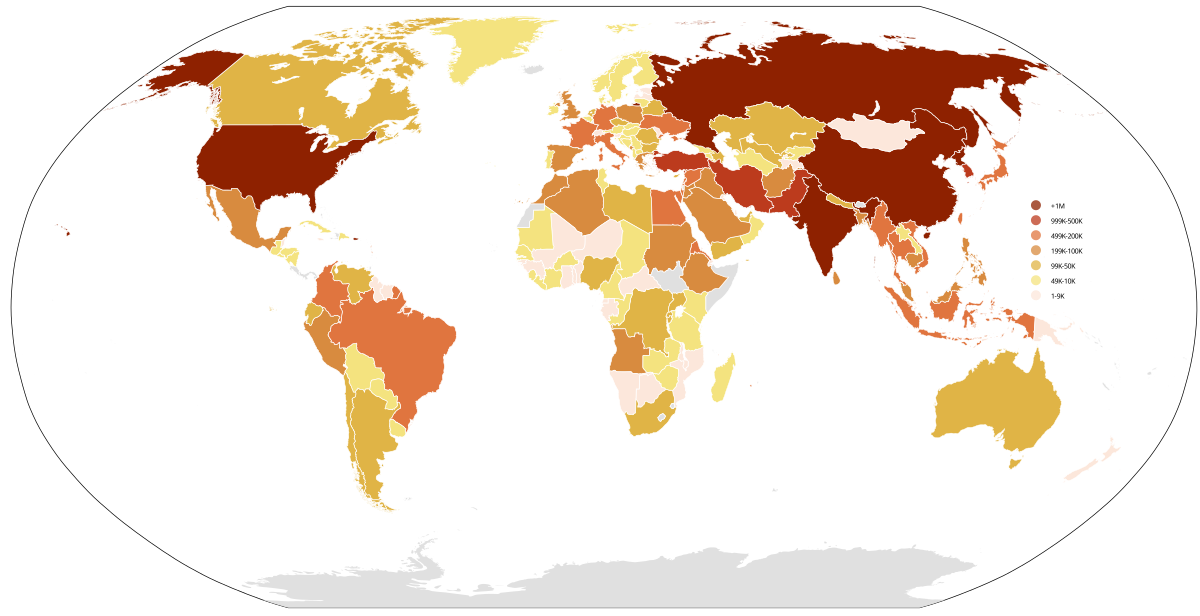In today’s fast-paced world, technology continues to evolve at an unprecedented rate, changing the way we interact with the globe and transforming how various sectors operate. One of these groundbreaking technologies is Trident, an advanced AI-driven target acquisition system. This system stands out for its unique combination of artificial intelligence and high-tech sensor integration, enabling an unprecedented level of precision and efficiency in various applications.
Revolutionizing Target Acquisition
Trident leverages the power of artificial intelligence to enhance the effectiveness of target acquisition systems across different platforms. At its core, Trident utilizes advanced machine learning models to process vast amounts of data from integrated sensors, offering detailed insights and predictions. This allows not just for simple detections but for higher accuracy and rapid identification of potential targets.
One of the key advantages of Trident is its capability to analyze and learn from past data in real-time, which significantly improves decision-making processes. This learning mechanism ensures that the system is always adapting and refining its strategies to be more precise and reliable in various environments.
Spec Sheet: Key Features of Trident
| Feature | Description |
|---|---|
| AI Algorithm | Deep learning frameworks optimized for pattern recognition and prediction. |
| Data Processing Capacity | High-speed processing of terabytes of data per second. |
| Integration | Seamless integration with existing sensor networks and platforms. |
| Adaptability | Adaptive learning capabilities enhancing accuracy over time. |
| User Interface | Intuitive and user-friendly interface for real-time data analysis. |
Applications Across Industries
The applications of Trident span across multiple sectors, making it a versatile tool. In military operations, Trident enhances situational awareness by providing real-time data on potential threats and targets, significantly reducing response times. This capability is vital for defense forces aiming for precision and safety during operations.
In the commercial sector, Trident finds its use in autonomous driving systems. The AI-driven target acquisition allows vehicles to detect and classify objects on the road with high accuracy, thus improving safety and navigation in complex environments. Trident’s integration with vehicles enables autonomous systems to learn from driving patterns and adapt to different road conditions over time.
Enhancing Safety and Efficiency
Trident’s impact on safety and efficiency is noteworthy. By employing AI for target acquisition, the system minimizes human error, thus elevating operational reliability and reducing the risk of accidents. Furthermore, its ability to process data at lightning speed ensures decisions are made swiftly, a critical factor in time-sensitive situations.
Environmental Monitoring
Beyond its industrial and military uses, Trident plays a significant role in environmental monitoring. The system can track and predict weather patterns, identify changes in ecosystems, and aid in disaster management efforts. This ability not only helps in scientific research but also in devising strategies to mitigate risks associated with natural calamities.
The Future of AI-Driven Systems
The future appears bright for AI-driven systems like Trident. As artificial intelligence technology continues to develop, these systems will become even more integrated into our everyday lives. Enhanced algorithms, paired with increased sensor capabilities, predict that the accuracy and applications of such technologies will only expand.
With advancements in AI, systems like Trident will likely find new applications in areas such as healthcare, providing real-time patient monitoring and diagnostics, and in urban planning, optimizing city infrastructure for better efficiency. The potential uses are virtually limitless as AI technology marches forward.
In conclusion, Trident signifies a shift towards more intelligent and efficient systems, paving the way for innovations that were once considered mere science fiction. Its effectiveness across a myriad of sectors demonstrates the tangible benefits AI can bring to complex systems, enhancing both productivity and safety.









